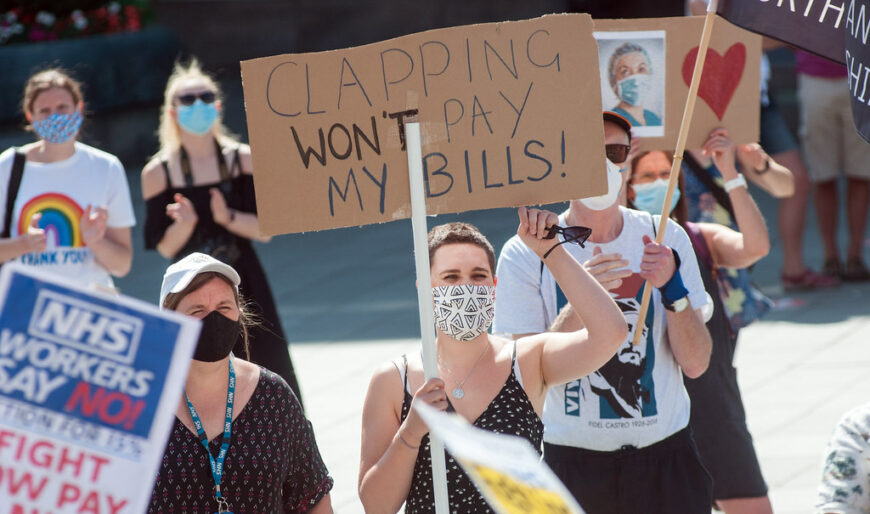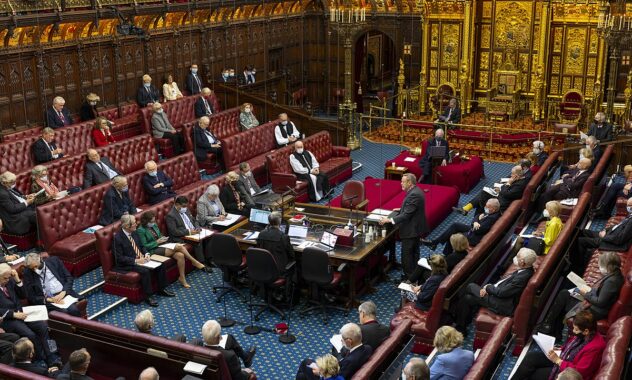Campaigners: Minimum Service Levels Bill discriminates against women
Feminist groups and TUC say public services with mainly female workforces will have rights affected by ‘draconian’ law

Feminist groups and the TUC have written to the Equalities Minister, Kemi Badenoch to highlight the fact that the Strikes (Minimum Sevice Levels) Bill will disproprtionately impact women.
In the letter, signed by the Fawcett Society, Pregnant Then Screwed, the Equality Trust, the Women’s Budget Group and the TUC, they point out that that the teaching workforce is 75% women, with 89% of support staff women. In the NHS, 77% of the workforce are women and 82% are women in social care. Other sectors that will be affected include transport, where just 20% of the workforce are women, and the fire service where just 18% are women.
In the letter, they state:
“This draconian legislation will mean that when workers democratically and lawfully vote to strike across a range of sectors – including health and education which have a predominantly female workforce – they can be forced to work and sacked if they don’t comply.
In an already-challenging labour market rife with discrimination, the last thing working women need is to be threatened with the sack for exercising their democratic right to strike and for trying to defend their pay and working conditions – especially in a cost of living crisis,”
Jemima Olchawski, chief executive of the Fawcett Society, said:
“If passed, this bill will have a silencing effect on women who are already outnumbered by men 2:1 in positions of power. For many women who work in systemically undervalued sectors, strike action is critical to making their voices heard. What’s more, we know that women, especially women of colour, are at the sharp end of the cost of living crisis – workplaces must work for women and the starting point for this must be decent pay and working conditions.”
TUC’s general secretary, Paul Nowak, said:
“No one should face discrimination at work because of their gender. But too many women are treated unfairly by their employer because they are pregnant. Too many are pushed out of work because they have caring responsibilities for children or elderly parents. And too many still experience sexual harassment at work.”







